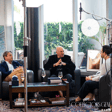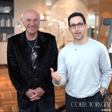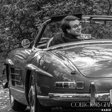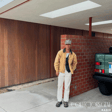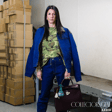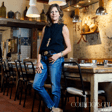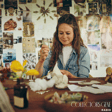
Rory Tait - Building A Stock Market For Collectors
Today’s guest is Rory Tait, one of the earliest employees at the company Rally. Rally is revolutionizing the way people invest in collectible assets, offering a platform where investors can buy and sell equity shares in items ranging from classic cars, rare books, and even dinosaur skulls. While all of those items seem terribly expensive to collect, that’s where Rally takes the wheel. Everyday investors like you and I are able to go onto Rally’s platform and buy and sell shares of all of these collectible items that they acquire. For example, in August of 2020, Rally IPO’ed a 1985 sealed copy of Super Mario Bros for Nintendo for $150k at $50/share. Just a year later the asset was acquired for $2m dollars giving their investors a more than 1200% return on their investment. So even if you just bought one share at $50, your investment would have gone to just under $667. Now, that’s only one side to the collecting journey, but what I love that Rally is doing is that they are preserving the nostalgia of these items through stories and their in person museum in New York where you can visit these items to see them for yourself and I urge you all to do so. Alright, without further adieu, this is Rory Tait, for Collectors Gene Radio.
Rory's Website - https://roryctait.com/
Rally - https://rallyrd.com/
24 Heures du Montauk - https://www.24heuresdumontauk.com/
